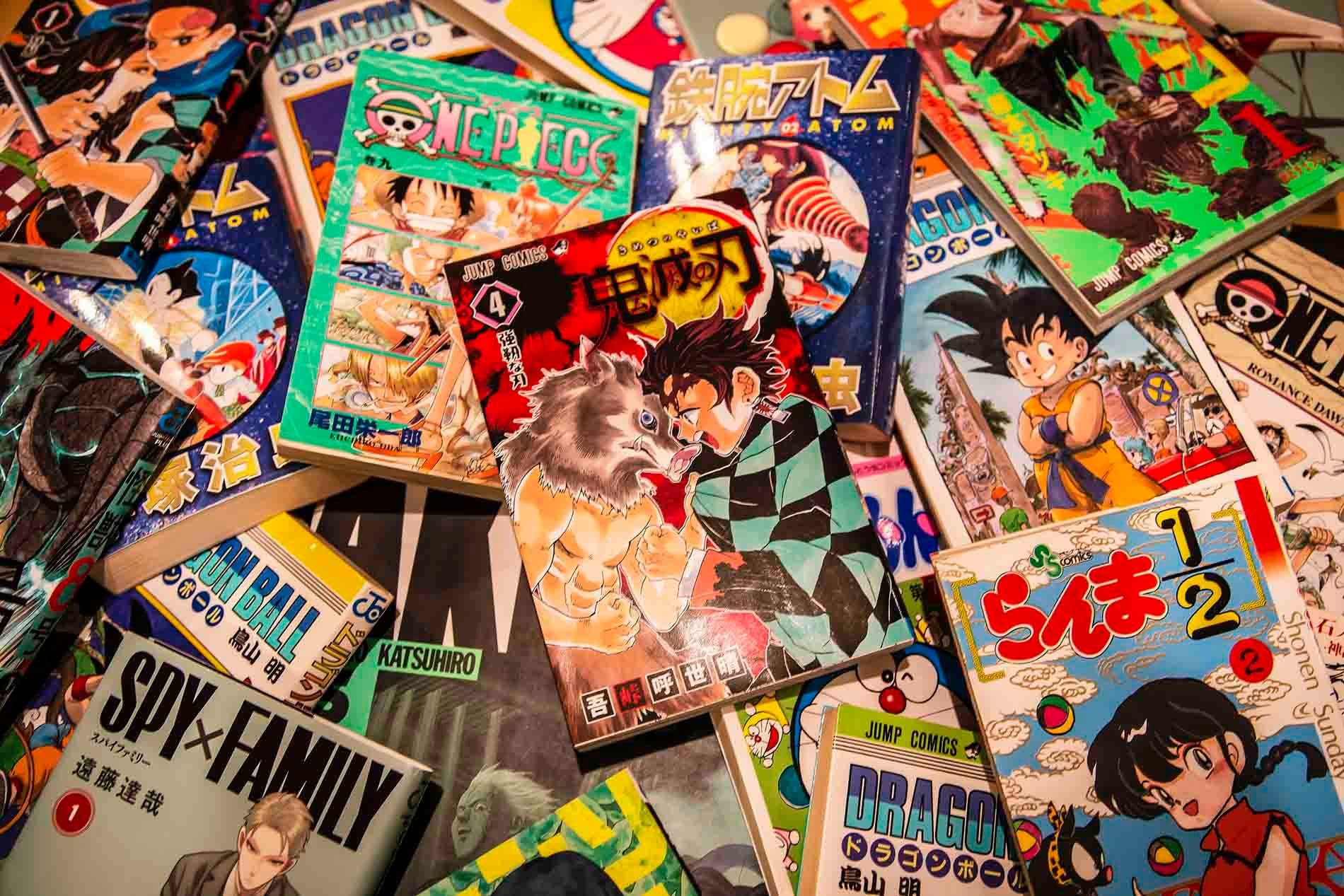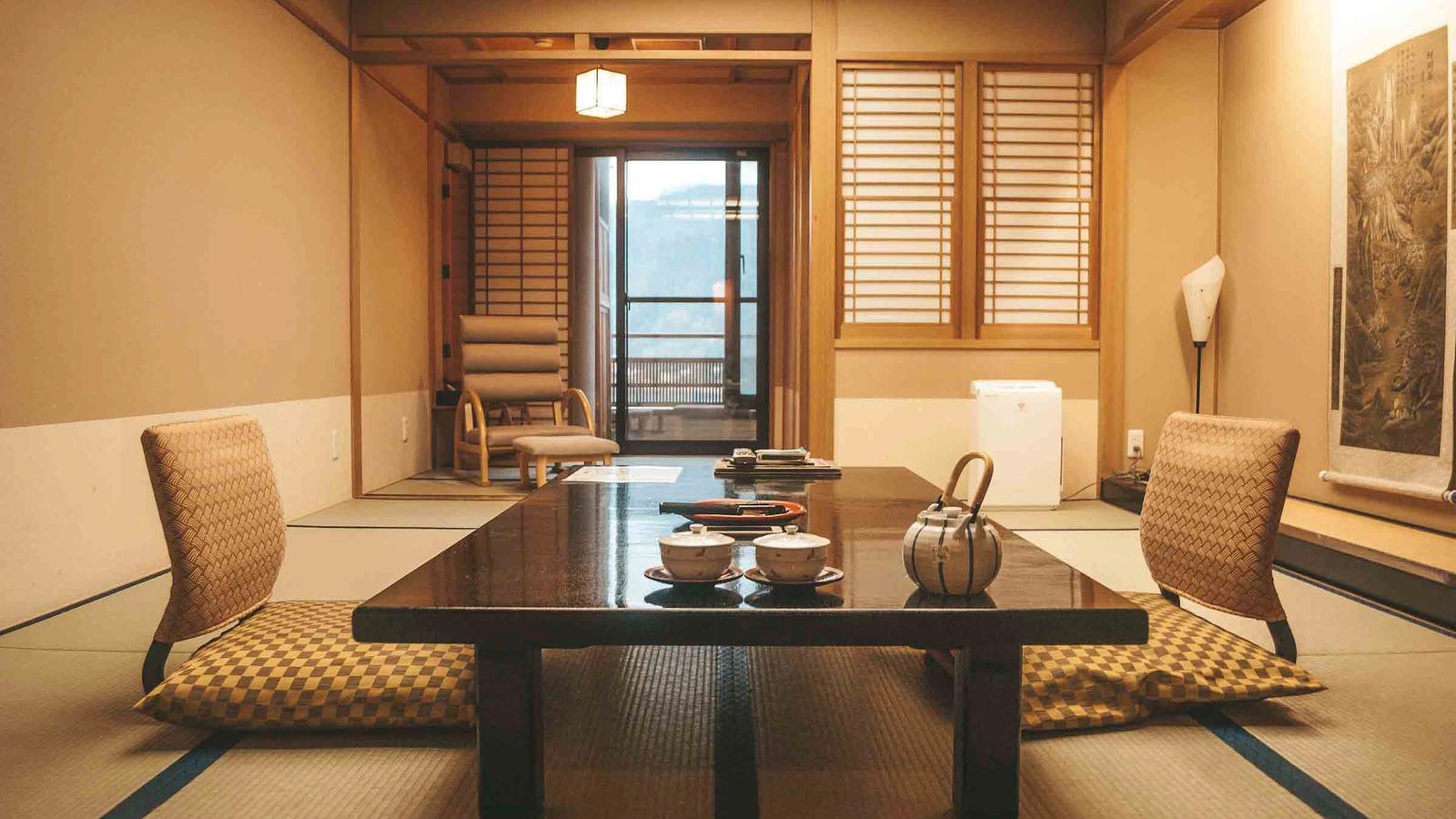

Table of contents:
Deciding on where to stay during your time in Japan can often depend on your budget. This article details the different types of accommodation you can book and save money while experiencing Japan as a tourist.
Japan in the 21st Century has become an ideal destination for the budget-minded tourist. With a bit of planning and research, it can be a very affordable place to visit. Not South-East Asia cheap, but still comparatively to global standards, very reasonable. This article details the different types of places you can stay to save you money while experiencing Japan's many attractions. All prices given here are averages based on research from various locations around major cities such as Tokyo, Osaka, and Kyoto.
1. Hostels in Japan (¥2,500 - ¥6,500 a night)
Hostels are a popular choice for tourists, and Japan boasts a wide range of venues that provide various types of lodging.
- Hostel accommodation will cost anywhere between ¥2,500 - ¥6,500 a night. The cheapest option usually starts with dormitory rooms, and higher priced private rooms are usually available at most hostels for people who desire more privacy.
- Some hostels offer Japanese-style rooms with tatami mats (washitsu). However, it should be noted that private rooms can be a more expensive option (anywhere from ¥4,500 - ¥12,000 a night).
- There are always specials being offered for decent, clean hotel rooms on booking apps, such as Expedia. You should be aware that if you’re willing to pay ¥8,000 a night, you could just book a room at a 3-star hotel.
- Japan’s most famous hostel chains include K’s House, Hostelworld, and Backpackers Japan.
2. Japanese Guesthouses (¥3,000 - ¥20,000 a night)
Japan guest houses often extend a more traditional cultural atmosphere. Usually costing anywhere between ¥3,000 - ¥20,000 a night. However, these are usually not as conveniently located as hostels.
- Many guest houses can be found tucked away in narrow streets of local neighborhoods and can vary in style, size, and location.
- Cheaper options may provide only modest individual rooms (or even dorm-style rooms) and communal amenities in urban areas. While the more expensive options can offer more space with greater facilities and amenities in central business districts.
- Guest houses in Japan offer more authentic cultural experiences, and therefore many venues will provide futons to sleep on. Before booking a guesthouse, consider whether sleeping on a futon is a good option for you. Not everyone enjoys sleeping on a futon (myself included) as most Japanese futons are very thin and can be painful for people with back problems.
- Guest houses can be found in a variety of tourist hot spots and provide a more authentic and cultural experience at a reasonable price.
3. Capsule Hotels Japan (¥2,000 - ¥12,000 a night)
Japanese capsule hotels are a style of lodging that is unique to Japan and is often on the bucket-list of many tourists. However, you should be aware that many capsule hotels located in business districts are not meant for tourists with lots of luggage. If you are looking for a capsule hotel that can accommodate tourists, please do some research about the capsule hotel before you go.

- A single guest inhabits their own capsule, a bed-sized pod, which can be closed with a door or a curtain.
- Capsules are double-stacked in rows, and usually come with air conditioning as well as power outlets for charging devices, but not guaranteed.
Capsule hotels rose to popularity during Japan’s rapid economic rise in the 1980s. They were meant to be a cheap and convenient alternative to hotels, and often used by company businessmen (known as salary-man) who had missed the last train home. They even used to sell business shirts and clean underwear to guests so they could go straight back into the office!
- Modern capsule hotels range from the cheap, cozy, and convenient option, up to the up-market, but affordable, option. Many now offer greater comfort and relaxation facilities for guests.
- Many capsule hotels have become a tourist attraction for both foreign and domestic travelers alike.
- These are an excellent alternative for lone travelers seeking a unique experience and who do not need a large deal of room.
- These hotels are often situated near railway stations and provide guests a handy and economical choice.
4. Airbnb (¥5,000 - ¥25,000 a night)
Airbnb is a popular alternative for tourists seeking a more authentic local experience. It is possible to discover apartments and homes for rent at reasonable prices, particularly if you are prepared to stay in less accessible areas from the city center. There are some amazing places to stay on the edge of some cities for those people who wish to experience Japan’s suburban or country areas. If you don’t speak Japanese, be sure to choose a location that has an English-speaking host.
Airbnb Japan
When Airbnb Japan first launched in 2013, there was a sudden increase in short-term rental options within Japan’s booming tourist industry. The Japanese government didn’t like this for several reasons:
- The hosts of Airbnb properties were avoiding tax;
- It was a sector of the tourist market that was difficult to regulate;
- The large number of Airbnb accommodations was perceived as a threat Japan’s hotel industry. Therefore, in 2018, new laws were introduced to tax and regulate all Airbnb properties. This is where the customer benefits…
Japanese Airbnb and License Number
When considering to stay in a hotel vs airbnb for your next trip to Japan, you should know that airbnb Japan has some very strict rules that make it a good option. Airbnb hosts are required to obtain a license number to demonstrate that their accommodations are properly registered (similar to hotels). This license number is required to be included in the listing on Airbnb. In addition to this, if you are not Japanese you are required to provide a copy of your passport to your host (unless you are a permanent residency visa holder). This way accountability can be maintained by both the host and the customer.
Things to Confirm Before You Book Airbnb Japan
Also, before you make the decision to book Airbnb accommodation, remember to confirm a couple of things: a) are you paying for a whole house/apartment or just a room, and b) does the location have a bed or futon (they don’t always make a distinction between bed and futon)?
5. Ryokan - Traditional Japanese Inn
If you are looking for a unique accommodation experience on your Japan trip, Ryokan offer a traditional Japanese option. For those looking to experience traditional Japanese hospitality, these inns offer a piece of Japan's rich cultural heritage. Filled with tatami-matted rooms, communal baths, and kaiseki meals. Staying at a ryokan inn allows guests to indulge in the serene atmosphere and impeccable service, making it a memorable and authentic experience.
If you are looking to learn more about staying at a Japanese ryokan, check out our article on ryokan for a more in depth look in traditional accommodation.

6. Japanese Hotels
I haven’t included prices here because they can vary greatly, depending on the hotel. However, I just want to note that budget-minded guests shouldn’t disregard hotel accommodation. Some hotels around Japan (especially 3-star hotels) are of great quality, while being very reasonable in price and accessible in most towns and tourist sites. I personally have found very affordable prices being offered online. Hotels in Japan include standard facilities including a bed, a private toilet, and fast internet connection. Toyoko Inn, Super Hotel, and APA Hotel are three prominent hotel brands in Japan.
Popular Articles

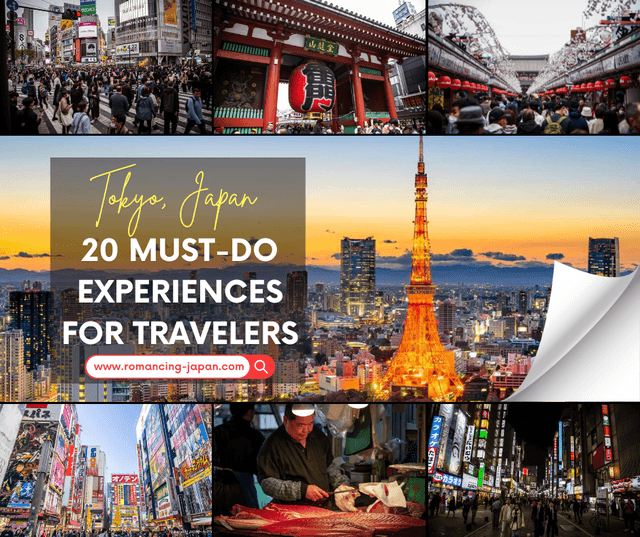
Tokyo Favorites: 20 Must-Do Experiences for Travelers
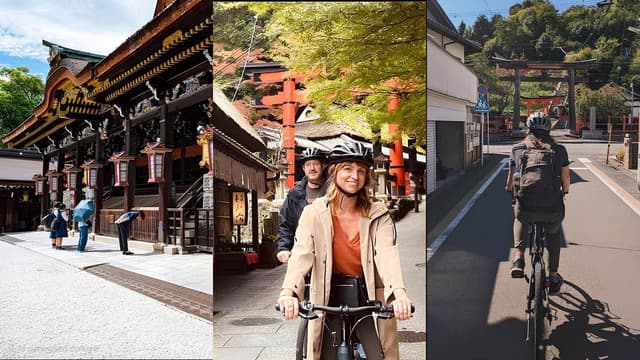
Kyoto Bike Tours: Discover the City’s Hidden Gems with Noru
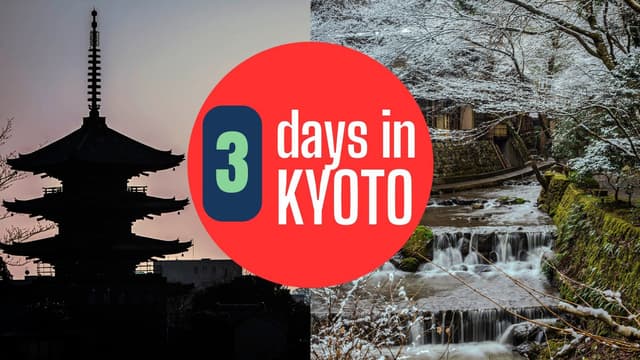
Kyoto 3-Day Itinerary: Best Things to Do for First-Time Visitors

Universal Studios Japan Tickets: Your Guide to Visiting USJ
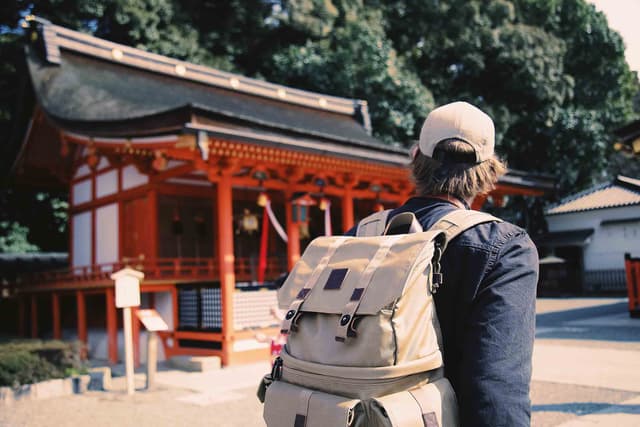
Find Out What Japan Really Thinks of Foreign Tourists
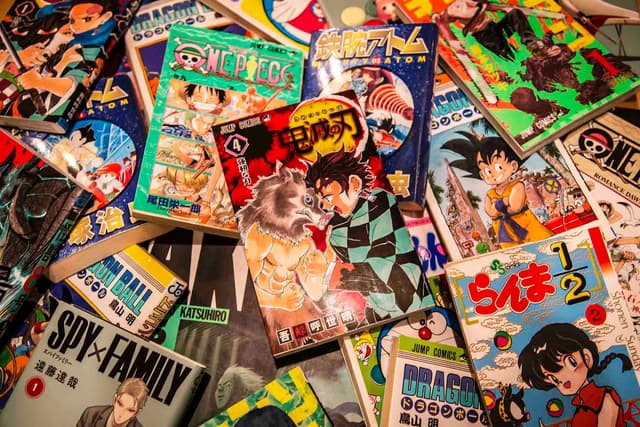
Manga Explained: Top Recommendations for Beginners
FAQs
No FAQs available for this post.
Loading Comments...

James Saunders-Wyndham
I've been immersed in Japanese culture and daily life for over 30 years and am proud to call Japan my home. Originally from Australia, my journey has taken me from teaching at Japanese universities to traveling extensively across the country, uncovering its hidden gems. As a web developer, I built Romancing Japan from the ground up to share these experiences with you. Whether it's the charm of old Kyoto, the pulse of Tokyo, or the tranquility of the countryside, I love helping others discover the magic of Japan—one story at a time.
Popular Articles
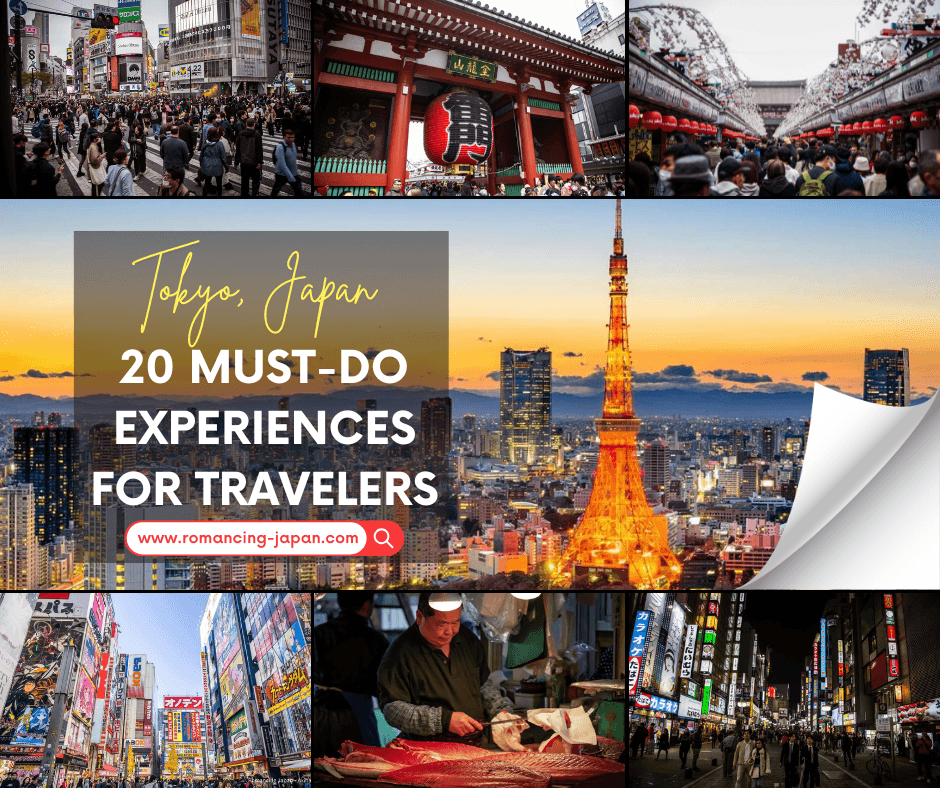
Tokyo Favorites: 20 Must-Do Experiences for Travelers
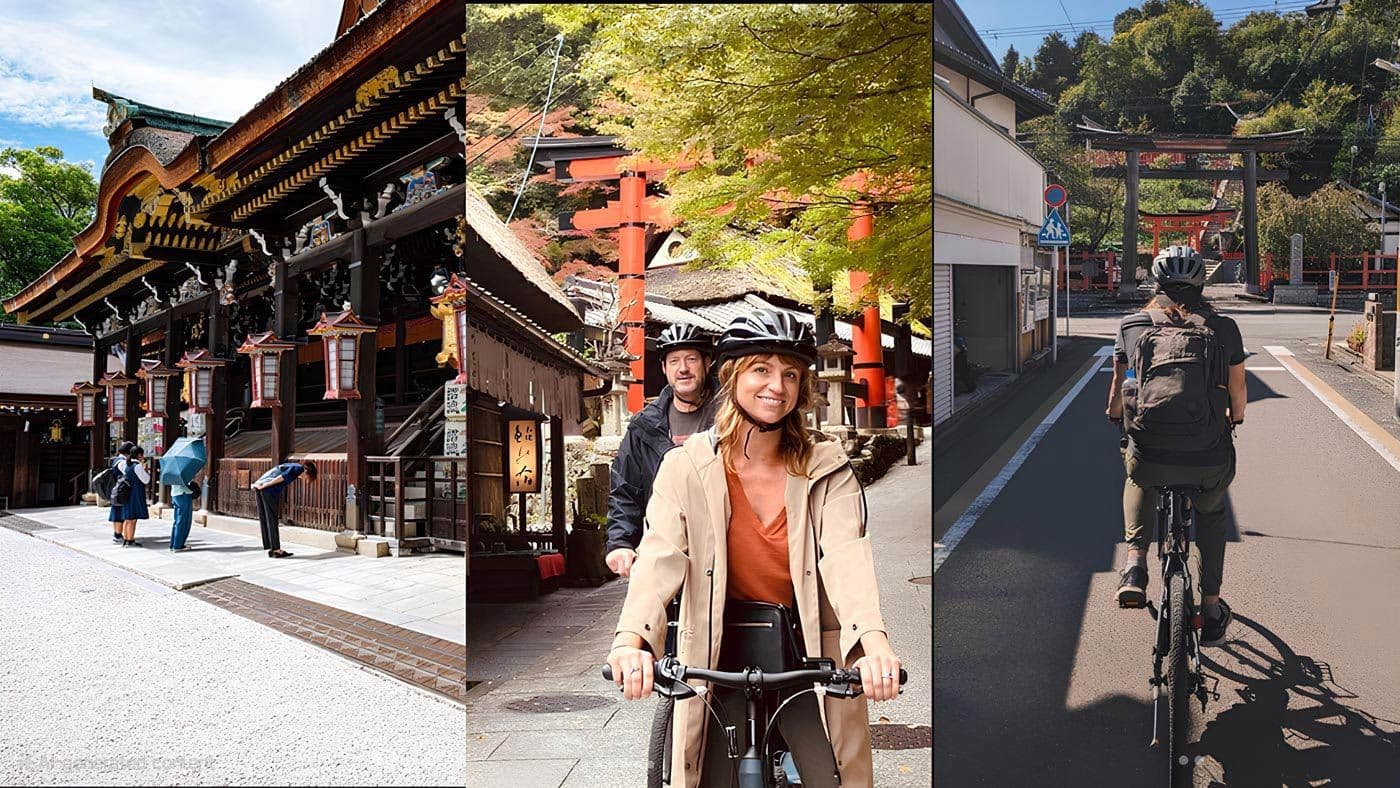
Kyoto Bike Tours: Discover the City’s Hidden Gems with Noru
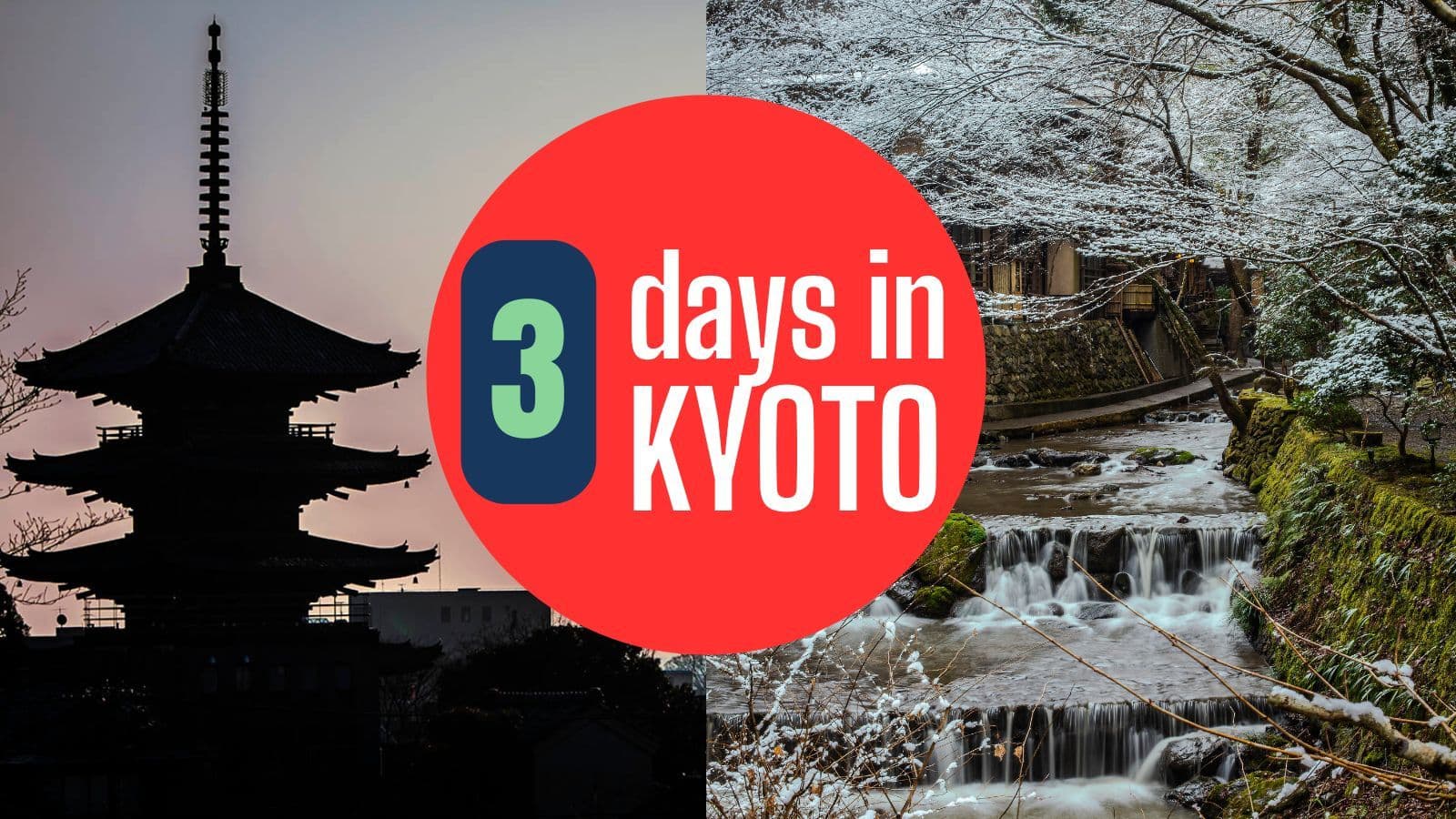
Kyoto 3-Day Itinerary: Best Things to Do for First-Time Visitors

Universal Studios Japan Tickets: Your Guide to Visiting USJ
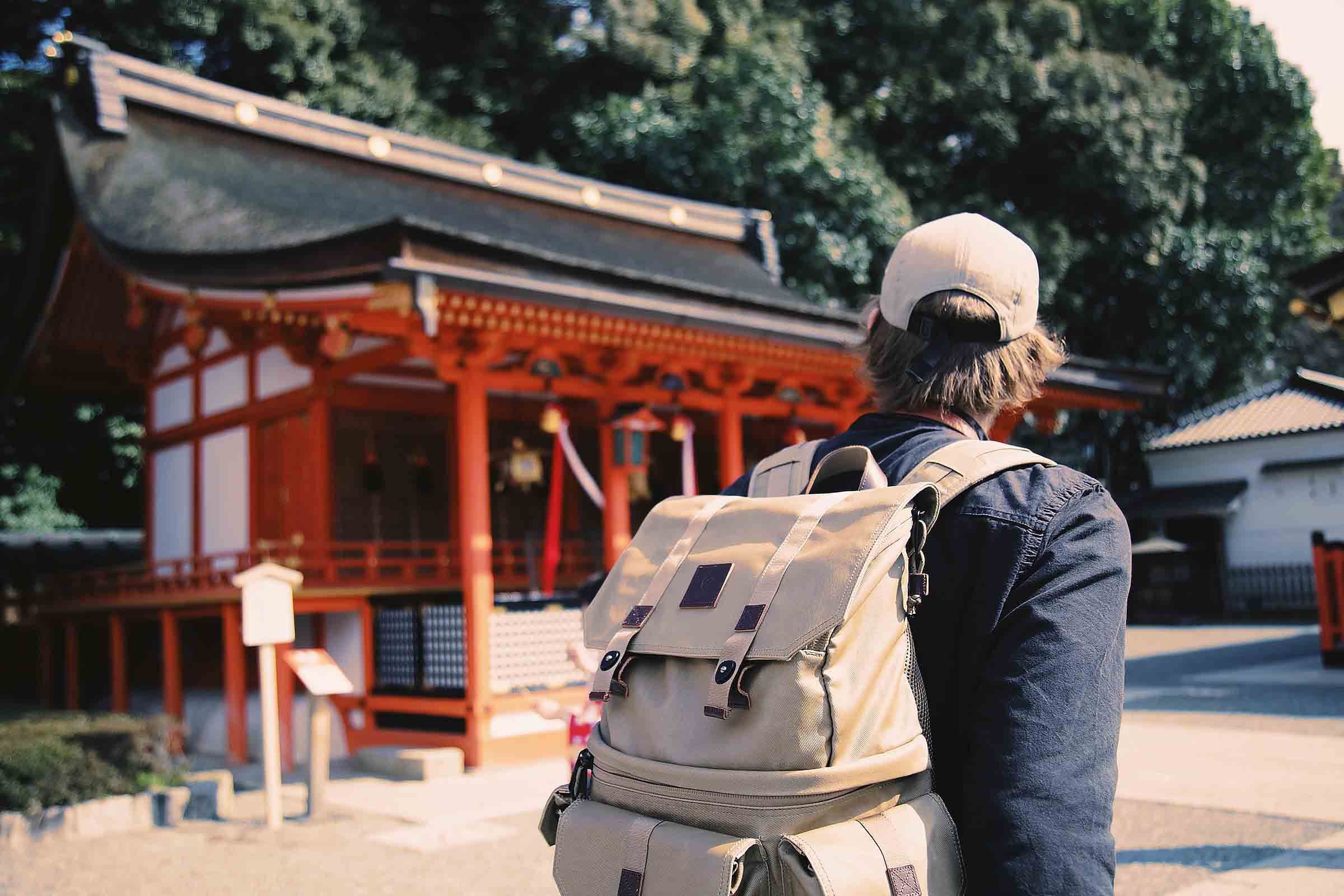
Find Out What Japan Really Thinks of Foreign Tourists
